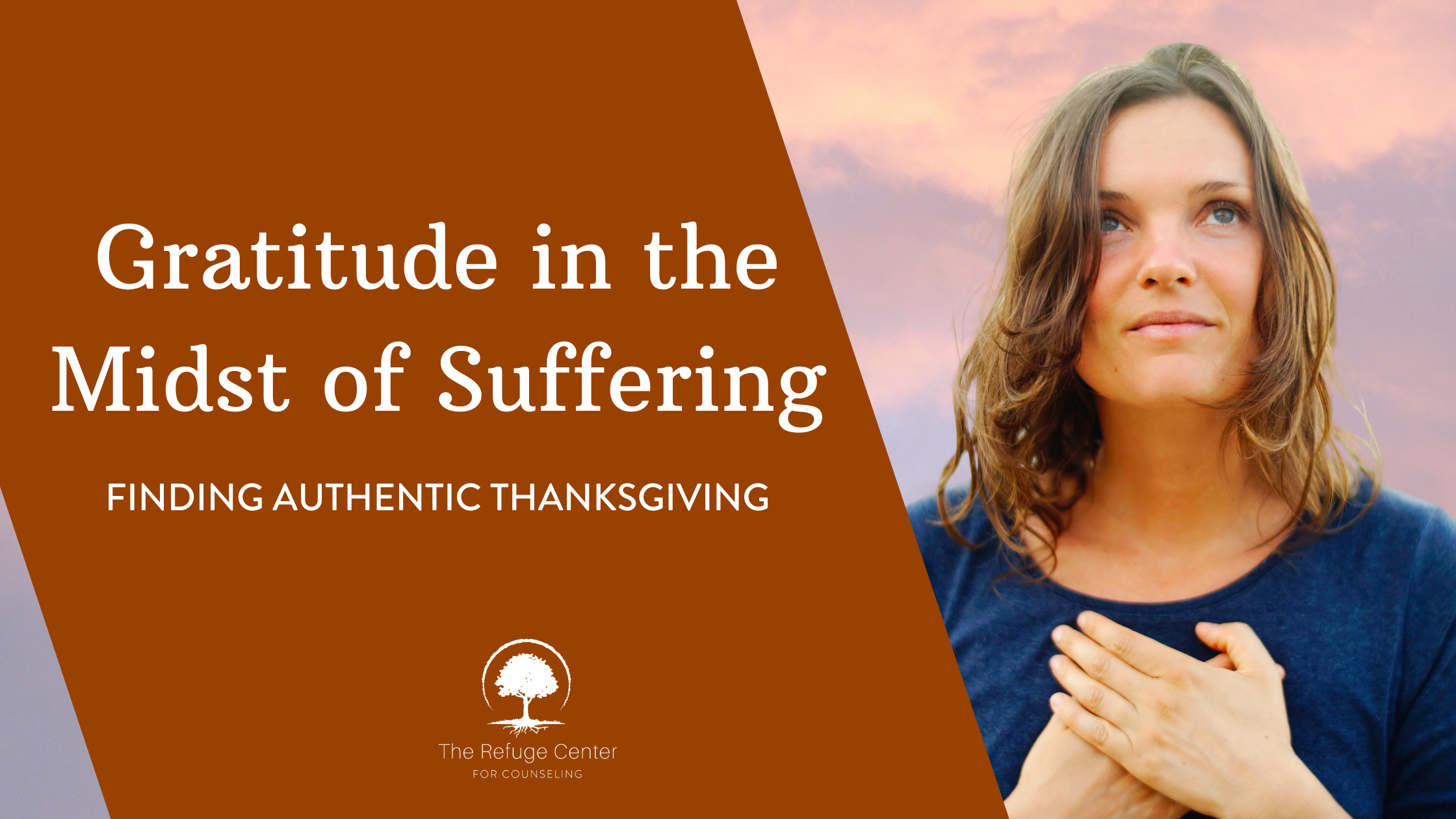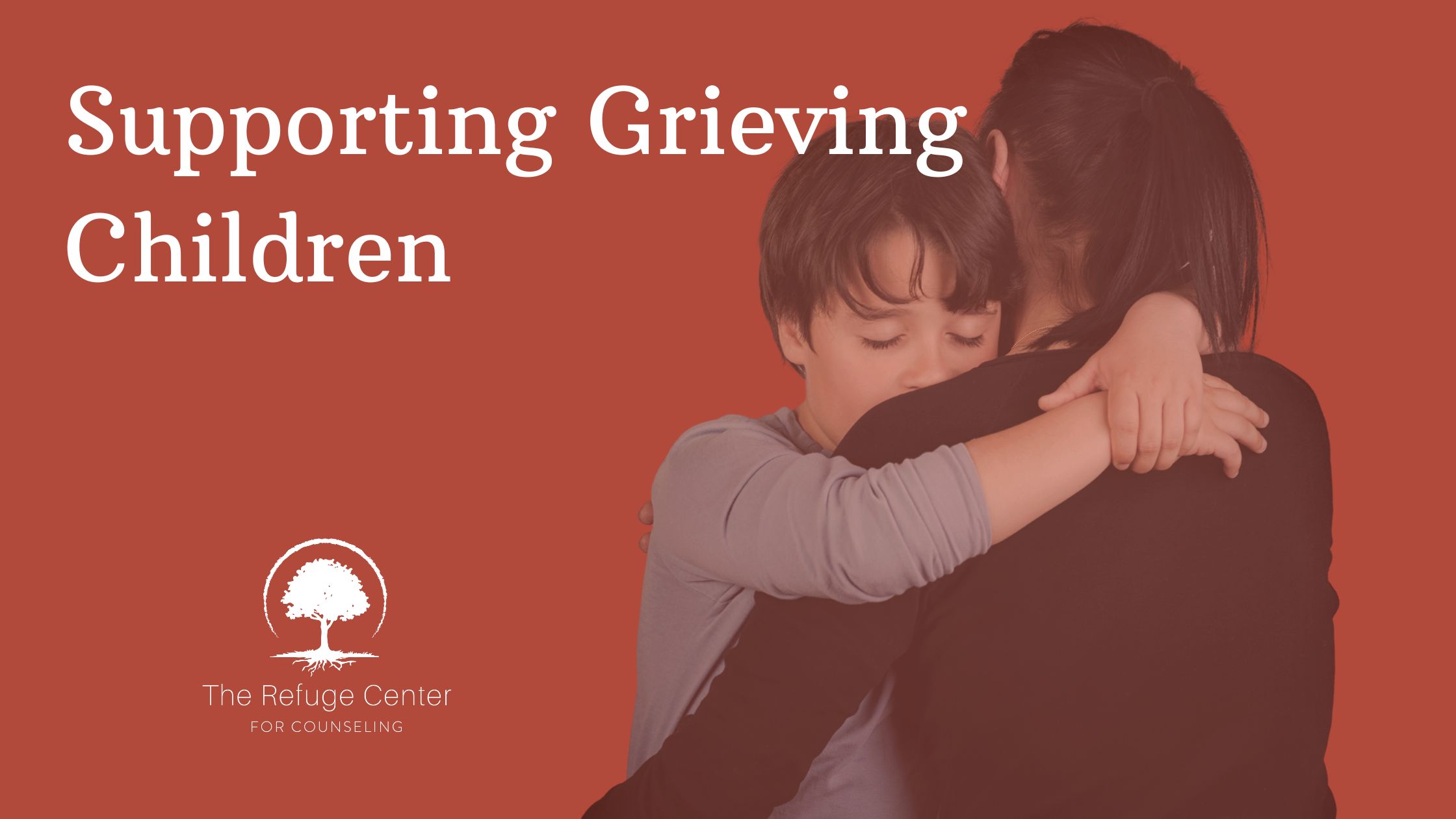gratᐧiᐧtude
the quality of being thankful; readiness to show appreciation for and to return kindness
November in America … It comes with turkey and stuffing, pumpkin and pecan pies, sweet potatoes, green bean casserole, eager Christmas decorators, football, and family. In more ways than one, it is a month of consumption. Not only are we ingesting copious amounts of calories, but we are also taking in a feast with our eyes.
Everywhere we look there is some sort of “thankful, grateful, blessed” decor, glitter-covered pumpkins, and a refrigerator adorned with a little handprint turkey. And when we turn on screens, our social media is inundated with friends participating in a thankfulness challenge.
We see posts like this …
“Day one. Today, I am thankful for my amazing husband and the way he makes my coffee every morning no matter how tired he is. You’re the best, babe! #initforlife”
“Day seven. Today, I am thankful for the ability to travel to each of my kids’ lacrosse games. Can’t wait to see them bring home another victory! #lacrossemom4life”
“Day ten. Today, I am thankful for my mom and dad. Thank you for showing me how to love well and give generously. Thank you for always being there for us. I couldn’t have asked for two better people to raise me. #legacyoflove”
And it isn’t from one person’s account, the posts come from person after person. After all, it is the month of Thanksgiving. So, we give thanks again and again. We are reminded that we should be grateful for all that we have. And we are told to have an “attitude of gratitude.”
Who can argue with that? Who can successfully argue with someone who shares something as positive as being thankful? We inherently know that gratitude is a good thing. Those social media posts are positive. They are spreading positivity.
Sooo …
Why would anyone skip over them? Why would anyone snooze those accounts for thirty days? Why would you read sentimental posts about thankfulness and feel so very heavy?
Something in your heart is disrupted by so much gratitude. Something unsettles you. It leaves you with feelings that are anything but thankful or appreciative. You want those seemingly happy feelings to wash over you. You try again and again, but you cannot relate to all of the thankful-grateful-blessed-ish-ness surrounding you.
That’s okay.
Meet Caroline. You’d probably like her. She’s a pretty positive person, easy-going, a gamer for most outdoor activities or board games. She adores her kids and has been faithfully married for twenty-three years. Caroline greets you with a smile and one of her warm hugs.
Last year, Caroline’s mother was diagnosed with dementia. She found her middle son on the bathroom floor, hugging his knees and shaking. He’d been scratching his hands until the back of every finger was raw. And it was somewhere around year ten of finding hidden bottles of her husband’s bourbon.
Her mother had softened a lot in the last twenty years, but she had reverted back to being belligerent—using the same hateful words she had when Caroline was a little girl. Her son was one of the most compassionate and brilliant people she knew, but after years of being shamed by his dad, his anxiety was manifesting physically in the form of panic attacks.
Yes, she is married. Her husband can be found on the couch or in his office dictating helpful orders to Caroline so she can manage their home better. He makes sure to follow each and every helpful instruction with a “thank you for doing that, babe” and never actually offers to help her carry the load.
Caroline has her pumpkins out. She planted her autumnal mums out front to add pops of color for the fall. Pumpkin-spice-scented soap is on her half-bath sink in the hallway. A candle that smells like burning leaves and toasted marshmallows is lit on the kitchen island. Her house smells like giving thanks as soon as you walk in.
Yesterday, she had to beg her son to get out of bed for school and sat in silent fear on the drive to school in an effort not to add to his anxiety. She would send a note into the school counselor explaining that he had missed school again because he was throwing up from his anxiety. When she was putting away the laundry, she found another nearly gone bottle of bourbon in her husband’s sock drawer.
As she scrolls through Facebook during her afternoon coffee (yes, afternoon coffee because her days are just that long) she sees every post about gratitude.
And what do you think Caroline felt?
Caroline felt sad. She felt angry. She felt jealous. And she felt guilt and shame for having those feelings rather than feeling thankful.
Things in Caroline’s life are not going how she had imagined. She never thought she’d be living with her formerly abusive mother, praying over one of her son’s panic attacks, or married to a closet alcoholic who skips work and can’t be bothered to engage with her or their four children in any way. Caroline is exhausted physically, emotionally, and mentally.
sufᐧferᐧing
the state of undergoing pain, distress, or hardship
Caroline puts on a happy face for others, but the woman is suffering. Her hair is falling out from stress, so she keeps it in a ponytail or wears a hat to hide it. Coffee is her frenemy. And she has the school counselor on speed dial while feeling guilty for not paying as much attention to her three other kids, so she overcompensates by cleaning their rooms and doing all of their chores.
And yet, she desperately wants to feel gratitude. She wants to be the one with thankful sayings for thirty days. And she wants them to be genuine.
She keeps thinking about those posts on social media … Can I say that I’m thankful for the pine trees? That my car starts every day? That my mother is still alive? I’m not going to say that I’ve had the best parents or that I have an adoring husband. I’m not going to lie about my life.
Authenticity Has Power
You don’t have to lie about your life to anybody. You don’t have to pretend to be somebody that you’re not for all of your 372 Facebook friends. Don’t do that.
Pretending is exhausting.
Whether you’re pretending in your home, at your job, with your family, or online, it will absolutely wear you out. It’s a way to cope with the things in life that just feel hard or disappointing. Pretending is an understandable response. But it’s also destructive.
Authenticity, on the other hand, can feel pretty risky. Allowing others to see behind the curtain of your life? That could mean rejection. It could mean loss … loss of friends, loss of respect, loss of position.
Or it could mean freedom. And if you have had to pretend to be okay, you are not free. Pretense keeps you in shackles. Pretense keeps you from intimacy with others and with yourself. Let’s start there. Let’s start with you.
What would it look like to be completely authentic with yourself? To pause and let those feelings make their way home. You’ve been shoving them behind that heavy door in the corner of your heart for so long that you may not even know how to get it open.
You don’t have to let all the thoughts and feelings in at the same time. You don’t need to overwhelm yourself with them. Just start with one. One feeling. One thought. One message that plays on repeat in the hidden places.
And guess what? You don’t have to tell anybody. Your first step is to allow it to the surface.
Imagine you are sitting at a table. There are seats across from you. Give that feeling a name. Is it fear? Is it loneliness? Whatever it is, give that baby a seat at the table with you.
Now, imagine another person who adores you and would fight for you sitting with you at that table. Imagine Jesus sitting between you and that thought or feeling you’re facing. He’s holding your hand and telling you he’s got you. Nobody makes a better guest at your table than Jesus.
And he would never want you to suffer at that table alone. Not ever.
That feeling or thought staring at you across from the table? It’s valid. It’s real. And it has some sort of purpose in your life. Your loneliness indicates a desire to be known, to be valued, to be heard. Those are all really good things. Those are all healthy things.
You want something good and right and healthy in your life. That is fantastic. Now you can say hello to a little piece of your heart that was locked away.
And you know what? That is something to be thankful for. You can have genuine gratitude for finding a piece of yourself. You can have genuine gratitude for the courage it took for you to do it.
Gratitude Looks Different When You’re Suffering
Genuine gratitude doesn’t need to look like a photo of your family taken in a wheat field wearing your best denim, rust, and cream with your hubby in a coordinating flannel while the sun sets in the background.
Genuine gratitude doesn’t need to look like forced thankfulness for parents who divorced, worked too much, and couldn’t make it to your school play.
Gratitude doesn’t need to look like a life prepared to impress social media. Gratitude in the midst of suffering can look very different and still be called gratitude. And it isn’t forced.
Your suffering will not magically disappear with the addition of gratitude. You aren’t going to wake up after giving thanks for your loneliness and suddenly say, “Toodles to you, Suffering! I’m breaking up with you!”
Yeah, no. It won’t work like that. Don’t go from one kind of pretending to another.
Nobody gets to grade you on your gratitude. Nobody gets to give an A+ for someone being thankful that their spouse is brilliant and surprised them with a vacation or a D- for being thankful that someone remembered to put milk in their kid’s cereal.
Gratitude isn’t something others are allowed to measure for you. You wield the power over your own gratitude.
Gratitude looks different in the midst of suffering. It is a labor of love. It is the work of loving yourself well. It is the work of facing your life’s circumstances knowing you are held fast in the grip of God’s grace.
Gratitude in the midst of suffering looks like standing in worship to sing, “All my life you have been faithful … All my life you have been so so good … And I have lived in the goodness of God,” as tears make their way down your cheeks because your life is hard, your marriage is falling apart, or your baby has cancer, and yet you stand in faith believing that God is still on the throne and He loves you.
Gratitude in the midst of suffering looks like driving down the road sobbing because you lost your house, your kids keep asking where you’re going to live, and you cannot see a way out … then God whispers to you that others have suffered and are suffering just like this. So you choose to be thankful for him showing you one more need of single moms and their children.
Gratitude means sitting at the table with Jesus, holding his hand, and asking him to have a little chat with your fears and failures.
Gratitude in the midst of suffering means looking deeper. It means peering into the deep of your wounded soul and finding the light.
And gratitude in the midst of suffering is intensely personal and entirely necessary for your healing and growth.
There Are Proven Benefits of Gratitude
- Gratitude opens the door to more relationships. Not only does saying “thank you” constitute good manners, but showing appreciation can help you win new friends, according to a 2014 study published in Emotion.
- Gratitude improves physical health. Grateful people experience fewer aches and pains and report feeling healthier than other people, according to a 2012 study published in Personality and Individual Differences.
- Gratitude improves psychological health. Gratitude reduces a multitude of toxic emotions, from envy and resentment to frustration and regret.
- Gratitude enhances empathy and reduces aggression. Grateful people are more likely to behave in a prosocial manner, even when others behave less kindly, according to a 2012 study by the University of Kentucky.
- Grateful people sleep better. Writing in a gratitude journal improves sleep, according to a 2011 study published in Applied Psychology: Health and Well-Being.
- Gratitude improves self-esteem. A 2014 study published in the Journal of Applied Sport Psychology found that gratitude increased athletes’ self-esteem, an essential component to optimal performance.
- Gratitude increases mental strength. For years, research has shown gratitude not only reduces stress, but it may also play a major role in overcoming trauma.
Gratitude is good for you. And when you have been living in a state of suffering, you need all the good you can get.
So be authentic with yourself. Be authentic with the One who has counted every one of your fallen tears. Sit at the table of your soul and invite him to sit with you in your mess.
Be gentle with yourself. Look for the ways you’ve tried to protect your heart and choose to be grateful for the parts of you that are standing in the gap of a wounded, broken heart.
Remind yourself that your gratitude isn’t dependent on anyone else, not their opinions, not their validation or recognition.
Walking in gratitude while you are suffering means shuffling forward, crawling on your hands and knees, or being carried as you stare your truth in the face and refuse to let it stop you.
Yes. Gratitude in the midst of suffering looks different. It means looking for beauty in the ashes of your life.
“The Spirit of the Sovereign Lord is on me, because the Lord has anointed me to proclaim good news to the poor. He has sent me to bind up the brokenhearted, to proclaim freedom for the captives and release from darkness for the prisoners, to proclaim the year of the Lord’s favor and the day of vengeance of our God, to comfort all who mourn, and provide for those who grieve in Zion—to bestow on them a crown of beauty instead of ashes, the oil of joy instead of mourning, and a garment of praise instead of a spirit of despair. They will be called oaks of righteousness, a planting of the Lord for the display of his splendor.”
Isaiah 61:1-3
Blog written by Shelby Rawson
Shelby is a local writer, ghostwriter, and editor by trade. She avidly supports the mission of The Refuge Center and its pursuit to intentionally care for the mental health of our community.
Share this post
About Us
Who We Serve
Get Involved
-
Connections Lunch
-
Sponsorship Opportunities
-
Volunteer
-
Internship Opportunities
-
Post Master’s Fellowship Program
What’s Happening
Follow Us
Instagram
Facebook
Twitter
Youtube
Pinterest
The Refuge Center for Counseling is a 501c3 nonprofit organization (20-3831943). We are also a United Way of Williamson County Partner Organization.






